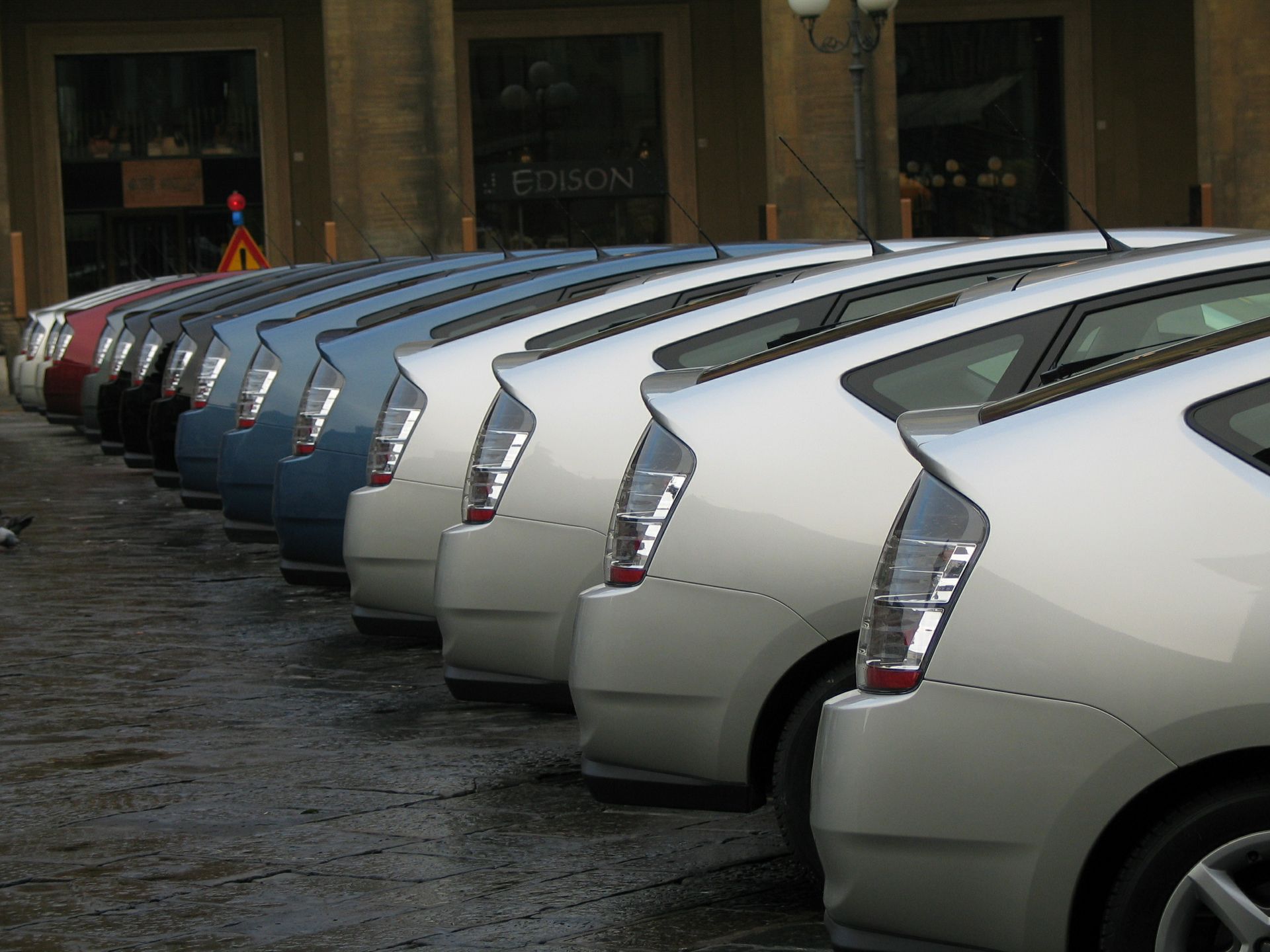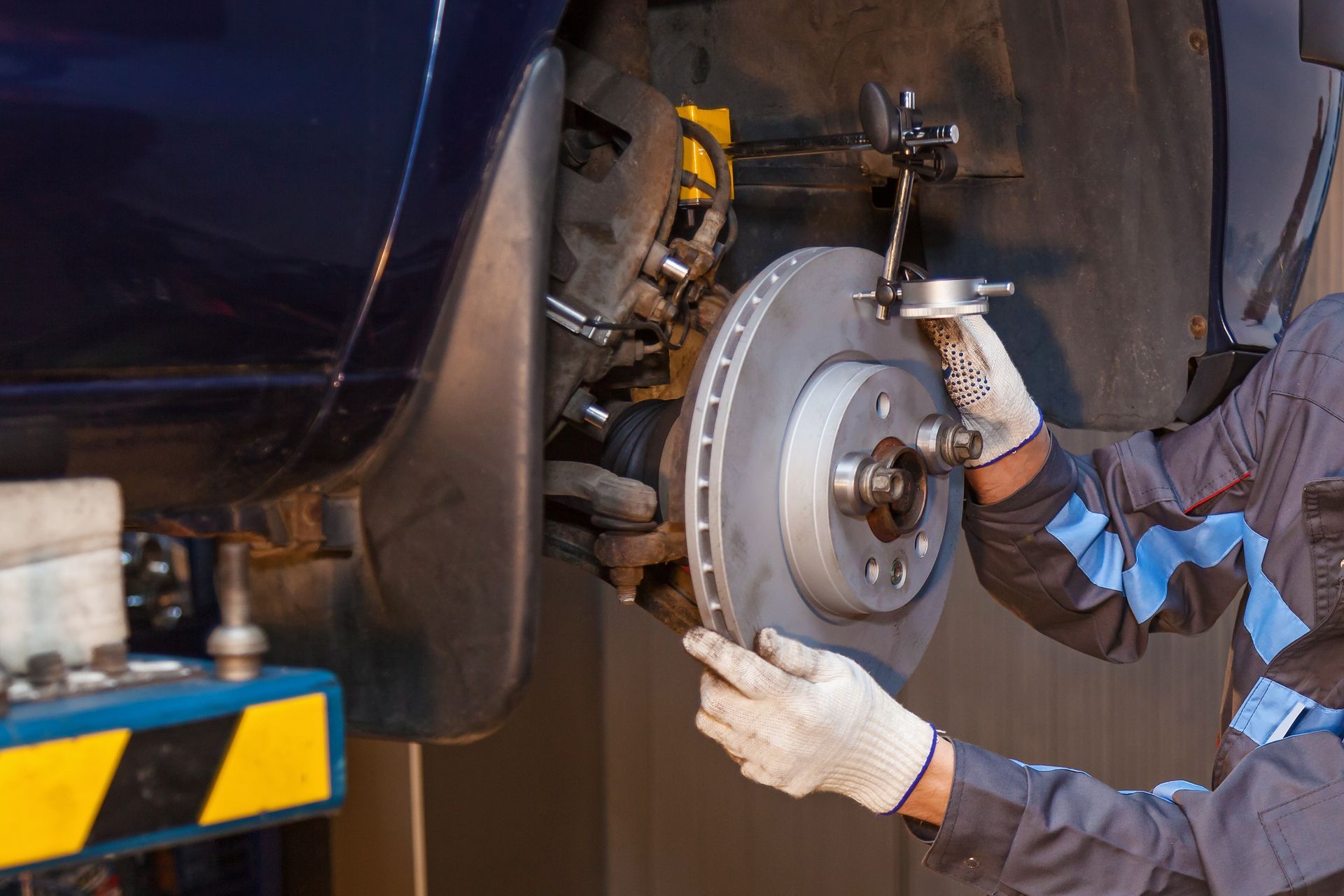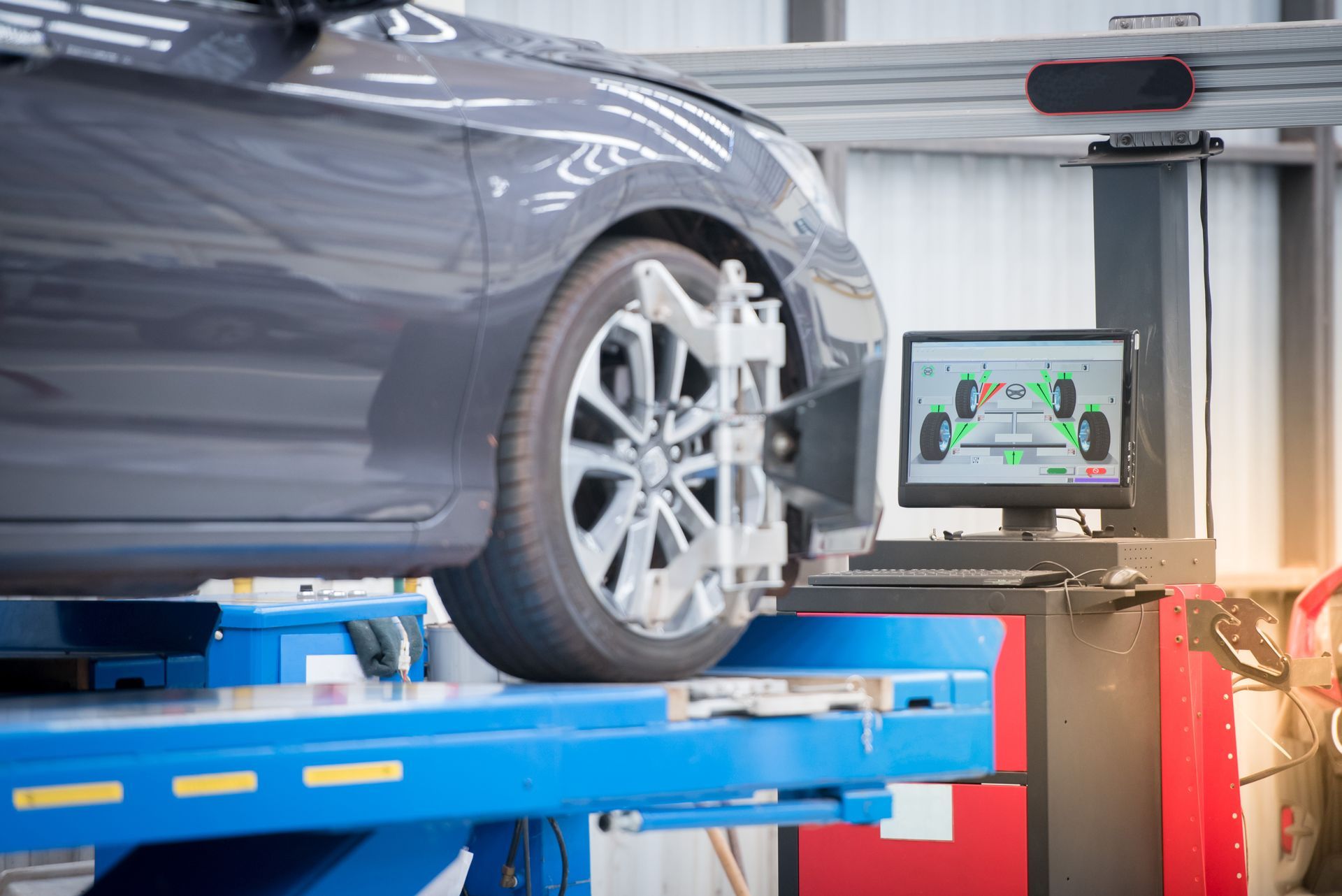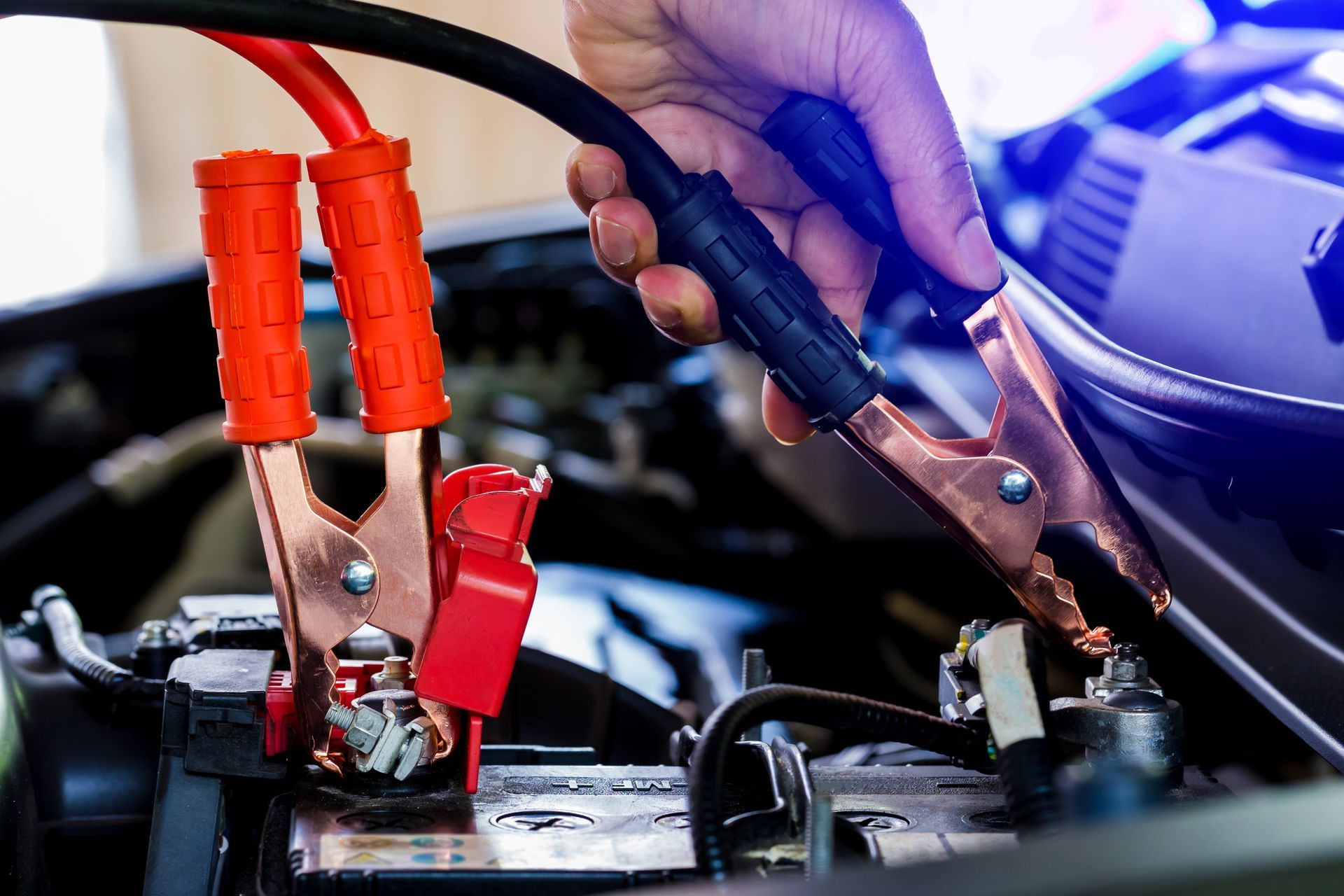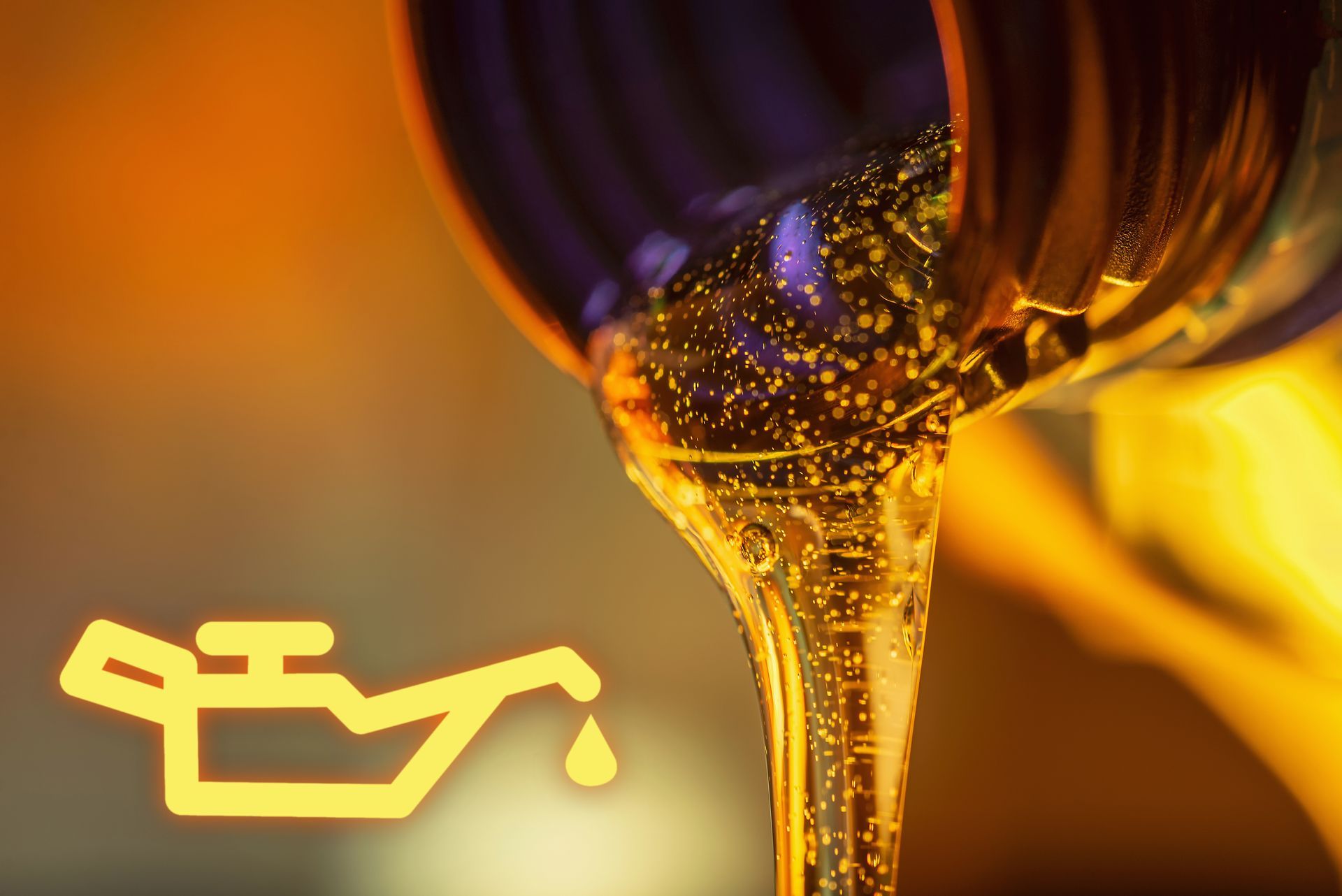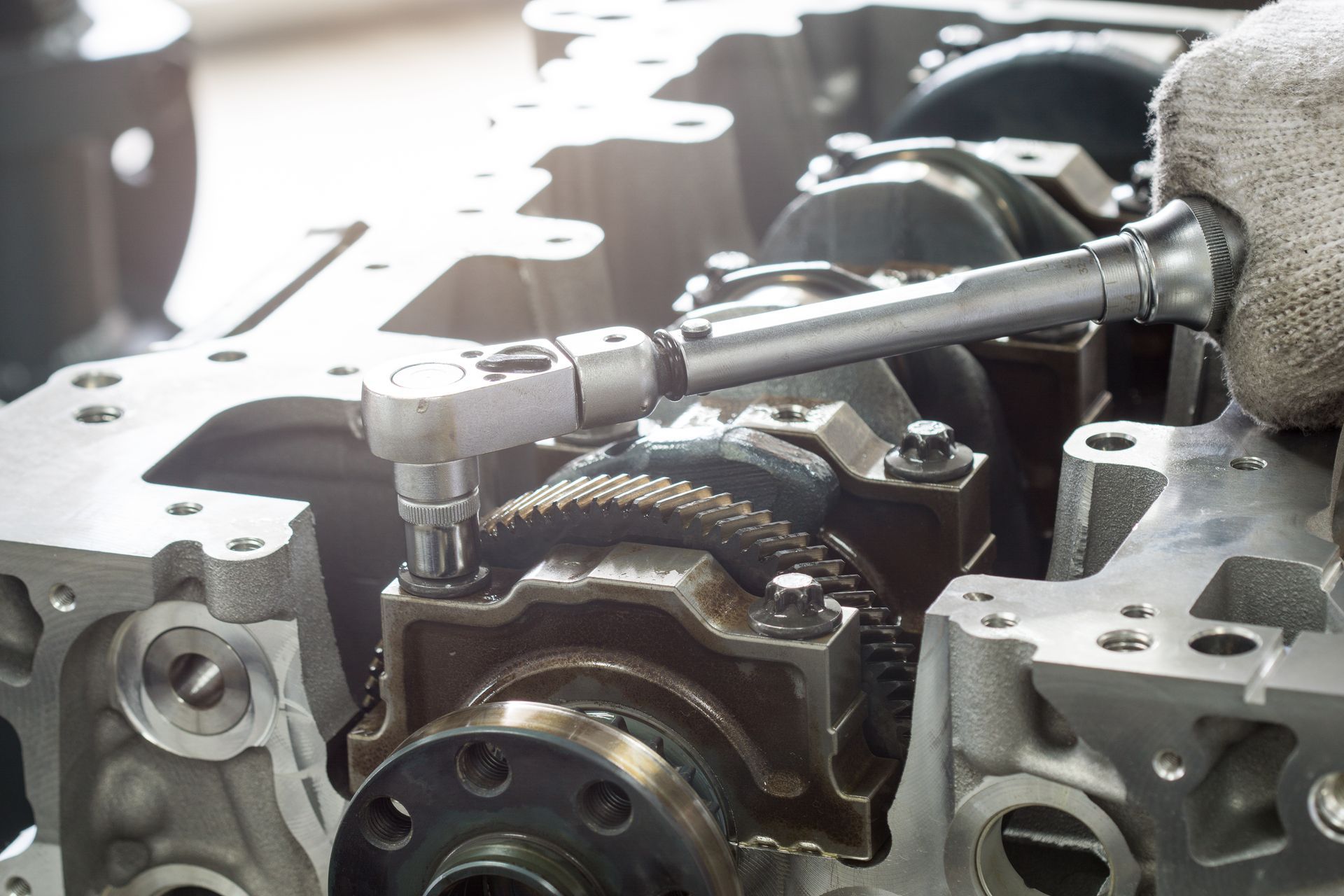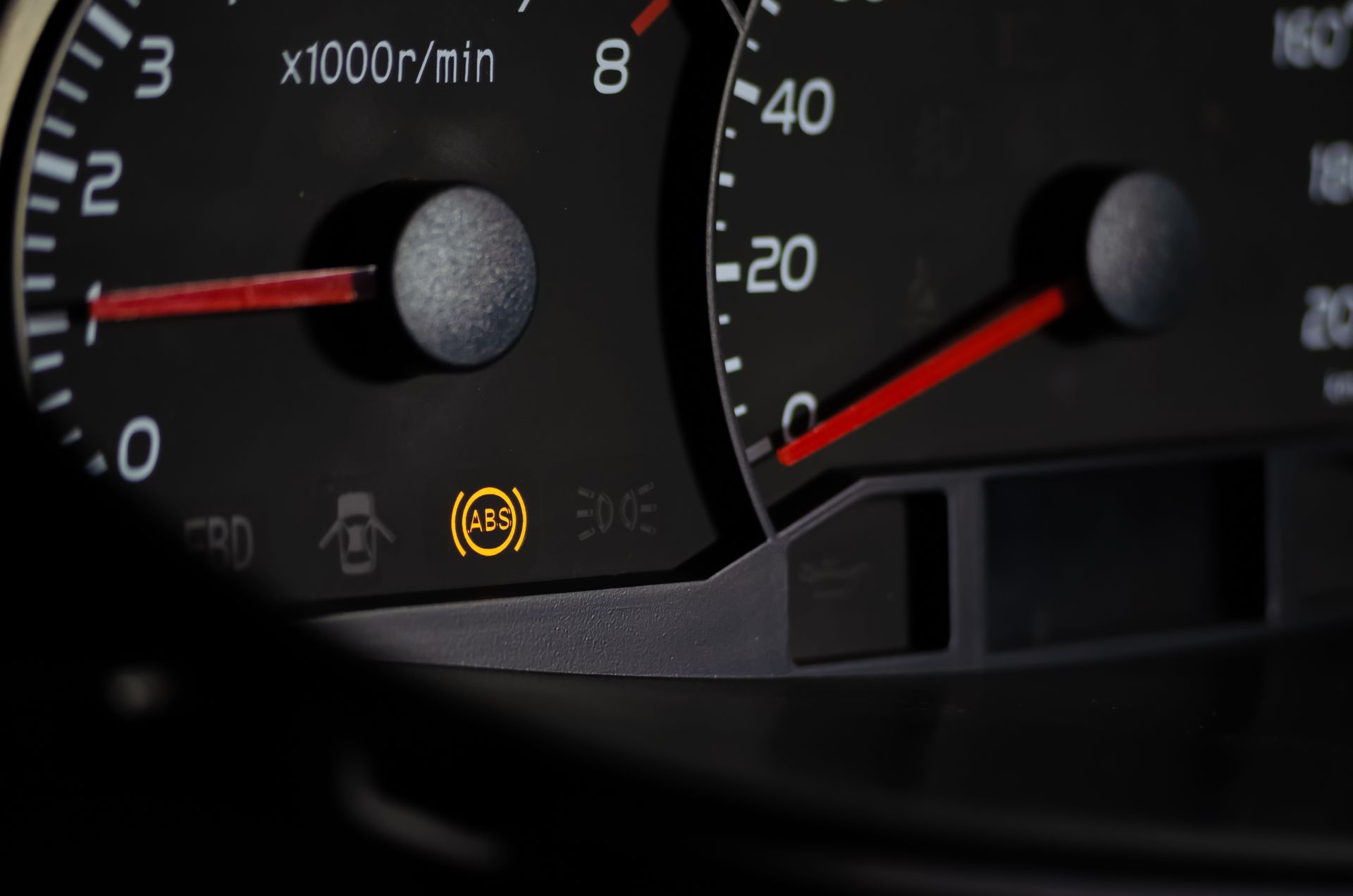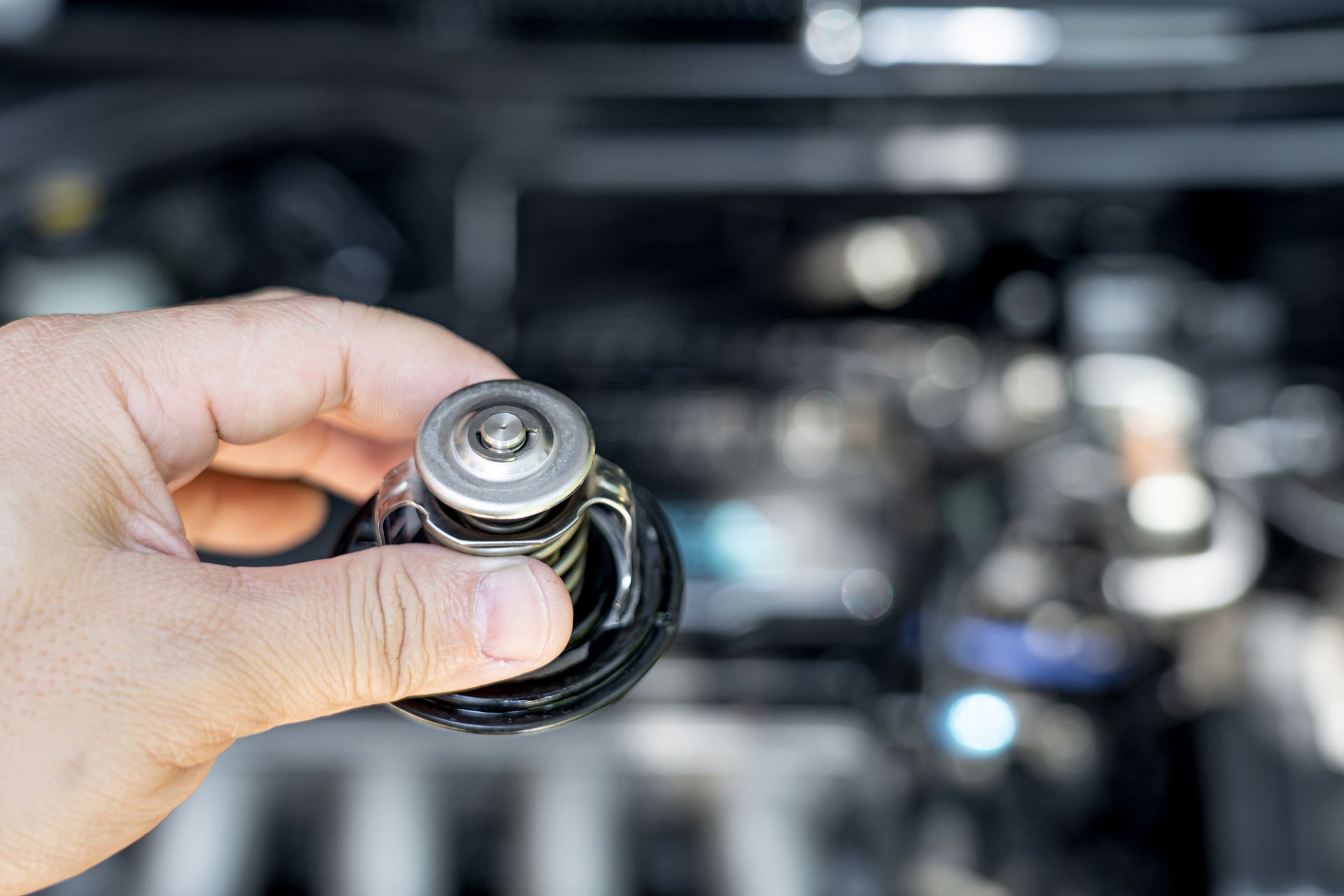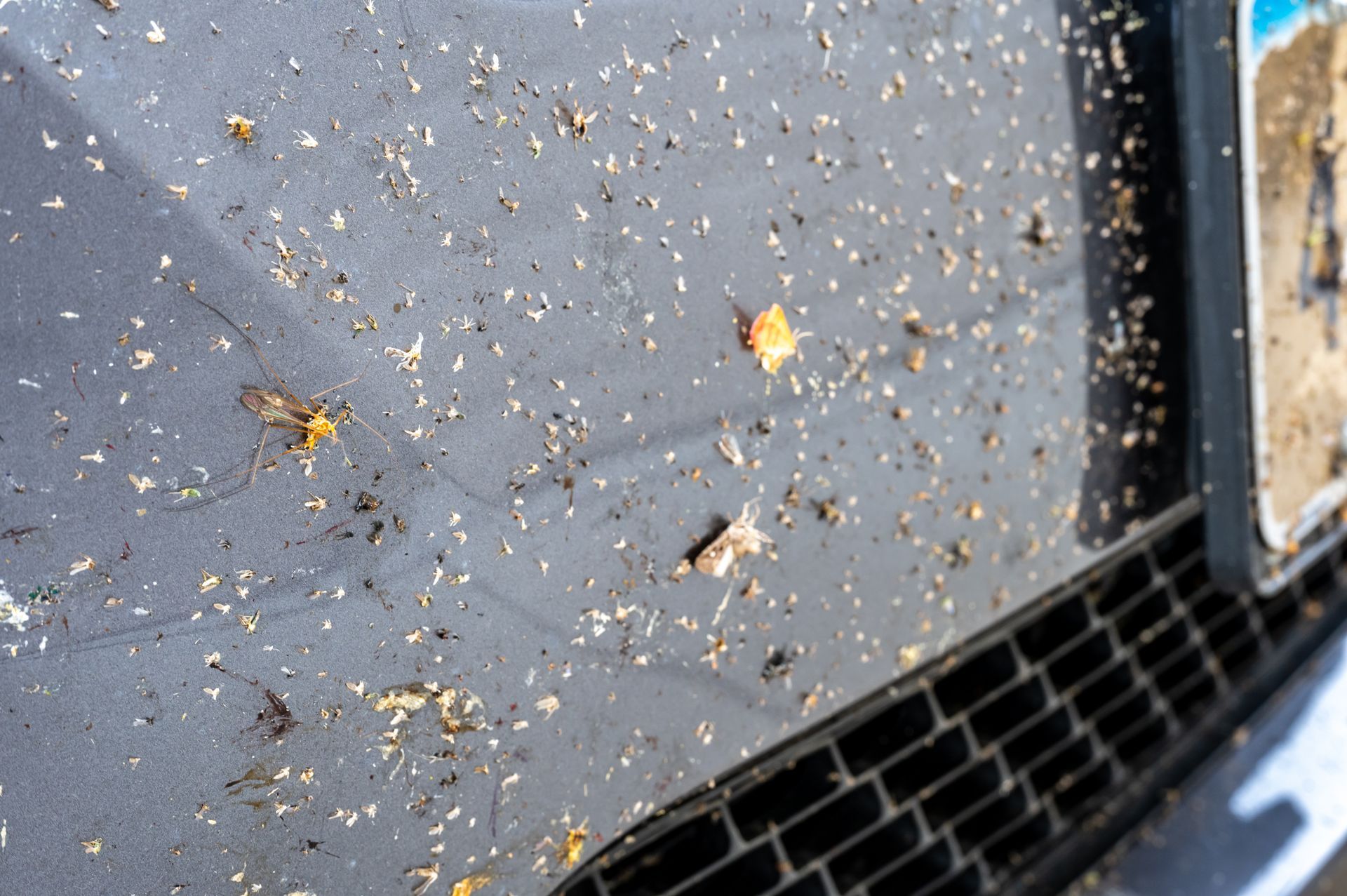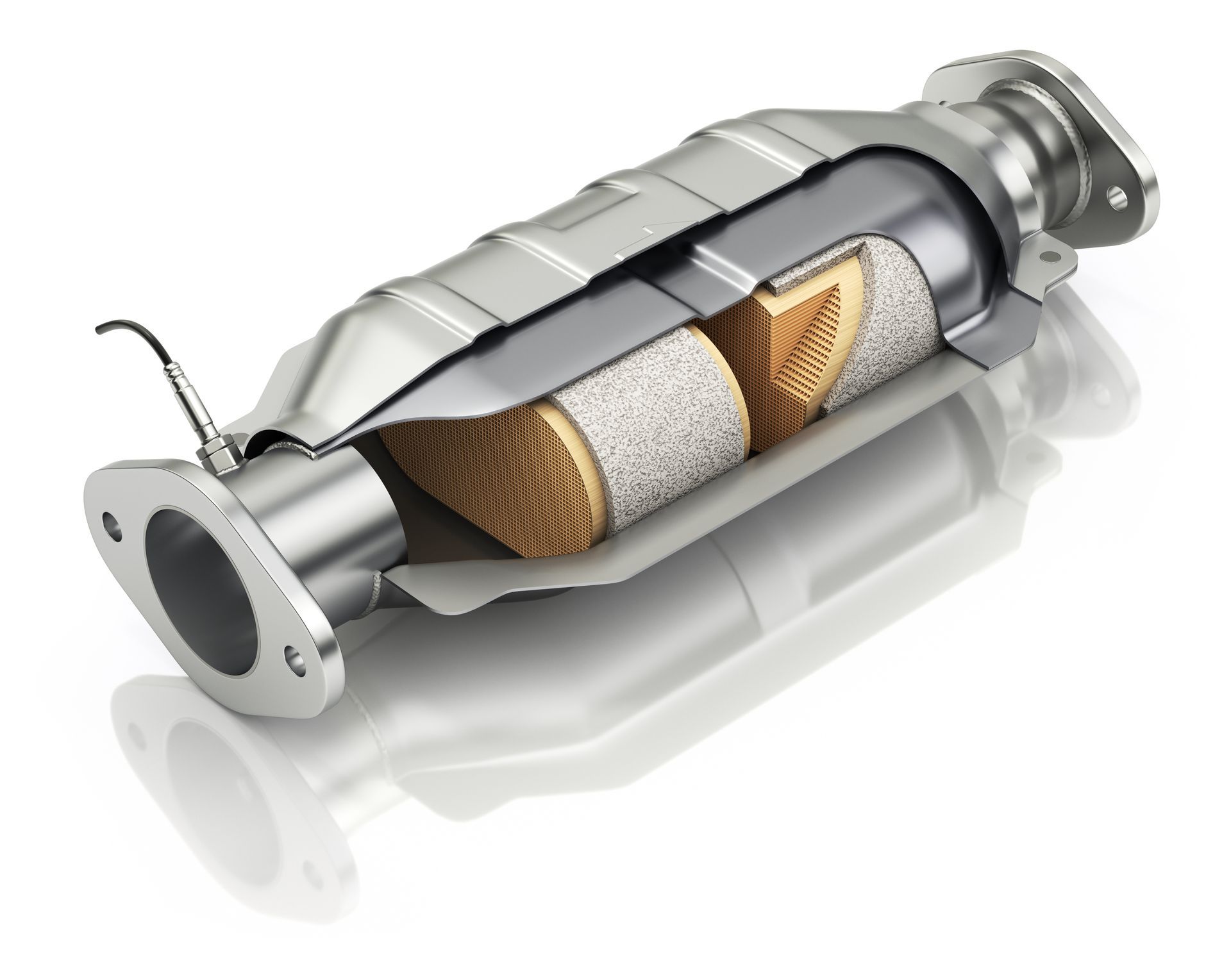Noticing smoke coming from under the hood is a clear sign that something’s wrong. Whether it’s caused by overheating, a fluid leak, or an electrical issue, smoke from the engine bay should never be ignored. Acting quickly—without panicking—can help minimize damage and keep you safe. So what should you do when your engine starts smoking, and what are the most likely causes?
Is It Smoke or Steam
- First, try to determine if you're dealing with smoke or steam. The two can look similar, but they signal very different problems.
- Steam is usually white and odorless. It often means your car is overheating, and coolant is escaping from the radiator or a hose.
- Smoke may be gray, blue, or black and will typically have a distinct odor—burning oil, electrical insulation, or plastic.
- Steam suggests a cooling system issue. Smoke often points to oil leaks, electrical problems, or worse. Either way, you shouldn’t continue driving.
What to Do Immediately When You See Smoke
If you notice smoke or steam while driving, act quickly but stay calm. Pull over to a safe area as soon as you can—ideally off the road and away from traffic. Turn off the engine right away, and do not open the hood immediately. Opening the hood too soon could expose you to burns or feed oxygen to a fire if one has started.
Give the engine at least 10–15 minutes to cool down before you do anything else. During this time, watch for warning lights on the dash, such as the temperature or oil pressure warning.
If you see flames, smell something burning, or the smoke is thick and dark, call emergency services. It’s not worth the risk of trying to handle it yourself.
Common Reasons Your Car Might Start Smoking
Once it’s safe, you might start to piece together what caused the smoke. Several common issues could be the source:
1. Engine Overheating
If your coolant system fails—whether due to a leak, failed thermostat, or bad radiator fan—steam will build up quickly and start venting through the hood. This is especially common in hot weather or stop-and-go traffic.
2. Oil Leaks Onto Hot Components
Oil that leaks from a valve cover or oil filter and drips onto hot exhaust components can create smoke and a strong burning smell. It may not trigger immediate engine failure, but driving with it can damage sensors or start a fire in extreme cases.
3. Electrical Short or Wiring Failure
If an electrical wire overheats or a short circuit develops, the insulation can burn and release smoke. This often smells sharp or like melting plastic. It’s typically caused by faulty wiring, corroded connections, or water intrusion into sensitive components.
4. Fluid Leaks
Other fluids—like power steering, transmission fluid, or brake fluid—can also leak onto hot surfaces and smoke. The location and smell of the smoke can help narrow it down, but a proper inspection is always the best option.
What NOT To Do
When your car is smoking, avoid these common mistakes:
- Don’t pour water on the engine unless you’re putting out an actual fire and have no other choice. Sudden cooling can crack hot metal components.
- Don’t drive “just a little farther,” hoping to make it home or to the shop. You could turn a manageable issue into a catastrophic one.
- Don’t ignore it. Even if the smoke stops after a while, the problem that caused it is likely still there.
- If your vehicle cools down and you're unsure of the cause, it's always best to have it towed rather than risk further damage by driving it.
How to Prevent the Issue in the Future
Routine maintenance is the best way to avoid seeing smoke under the hood in the first place. Regularly checking your fluids, inspecting for leaks, and servicing your cooling system as recommended can help prevent the most common issues.
It’s also wise to pay attention to the signs your car gives you—odd smells, fluctuating temperature gauges, or warning lights are your car’s early warning system. Don’t wait until smoke appears to take those warnings seriously.
PRO-CAT Auto Care & Repair – Engine and Cooling System Diagnostics in River, NJ
If your car has started smoking—or if you want to prevent it from happening—bring it to
PRO-CAT Auto Care & Repair in River, NJ. Our expert team will quickly identify the cause, fix the issue, and make sure your vehicle is safe to drive again.


